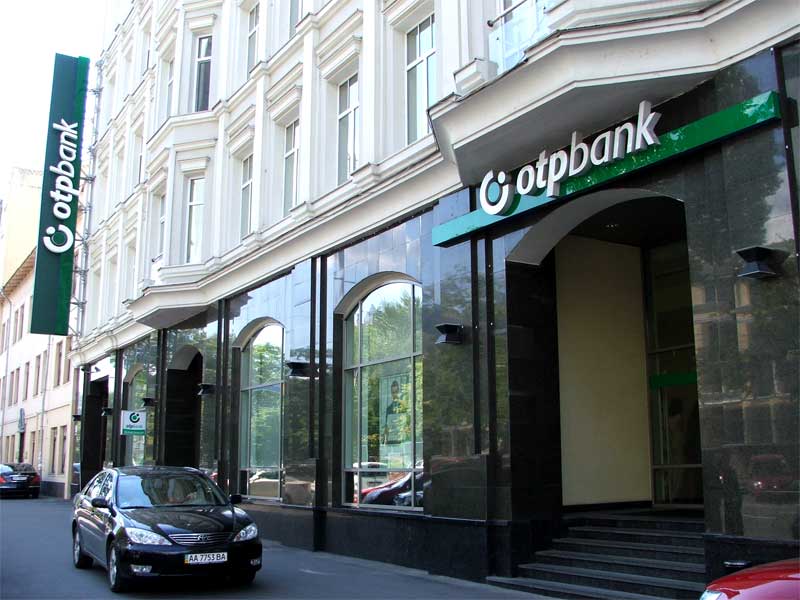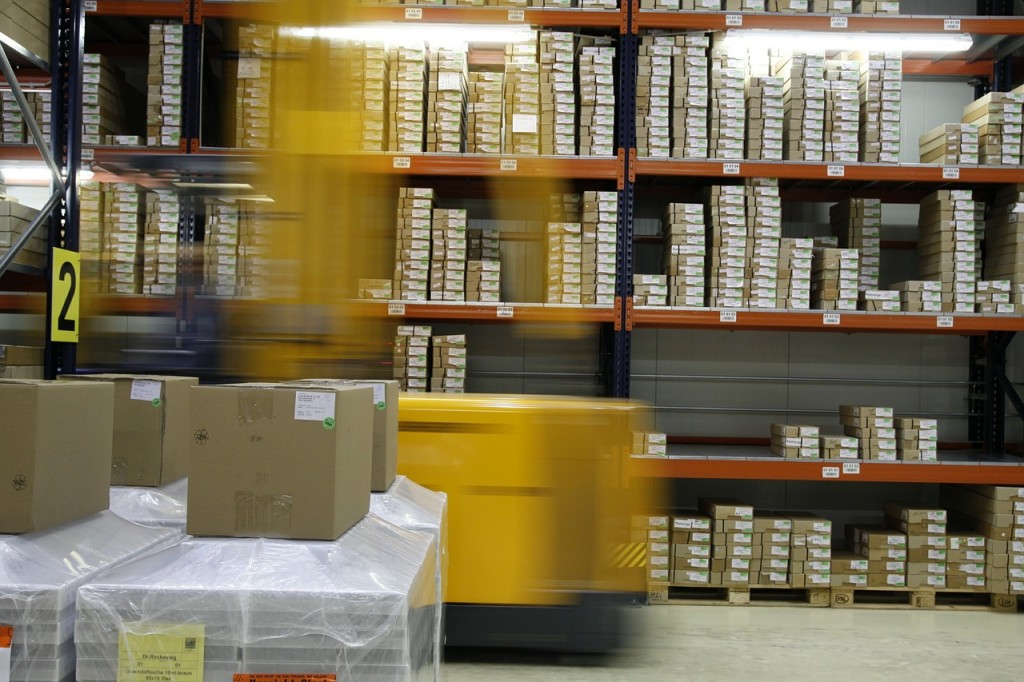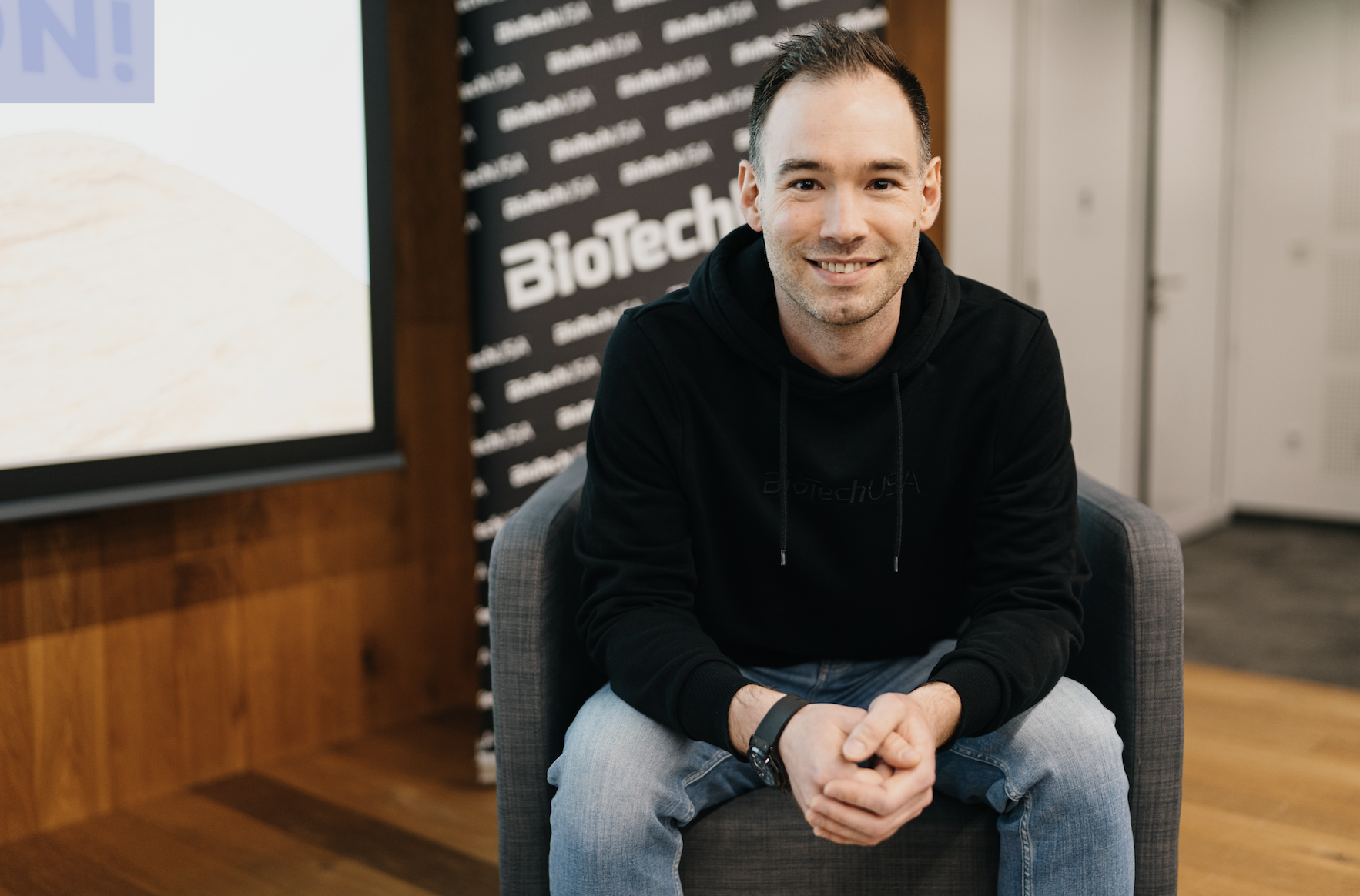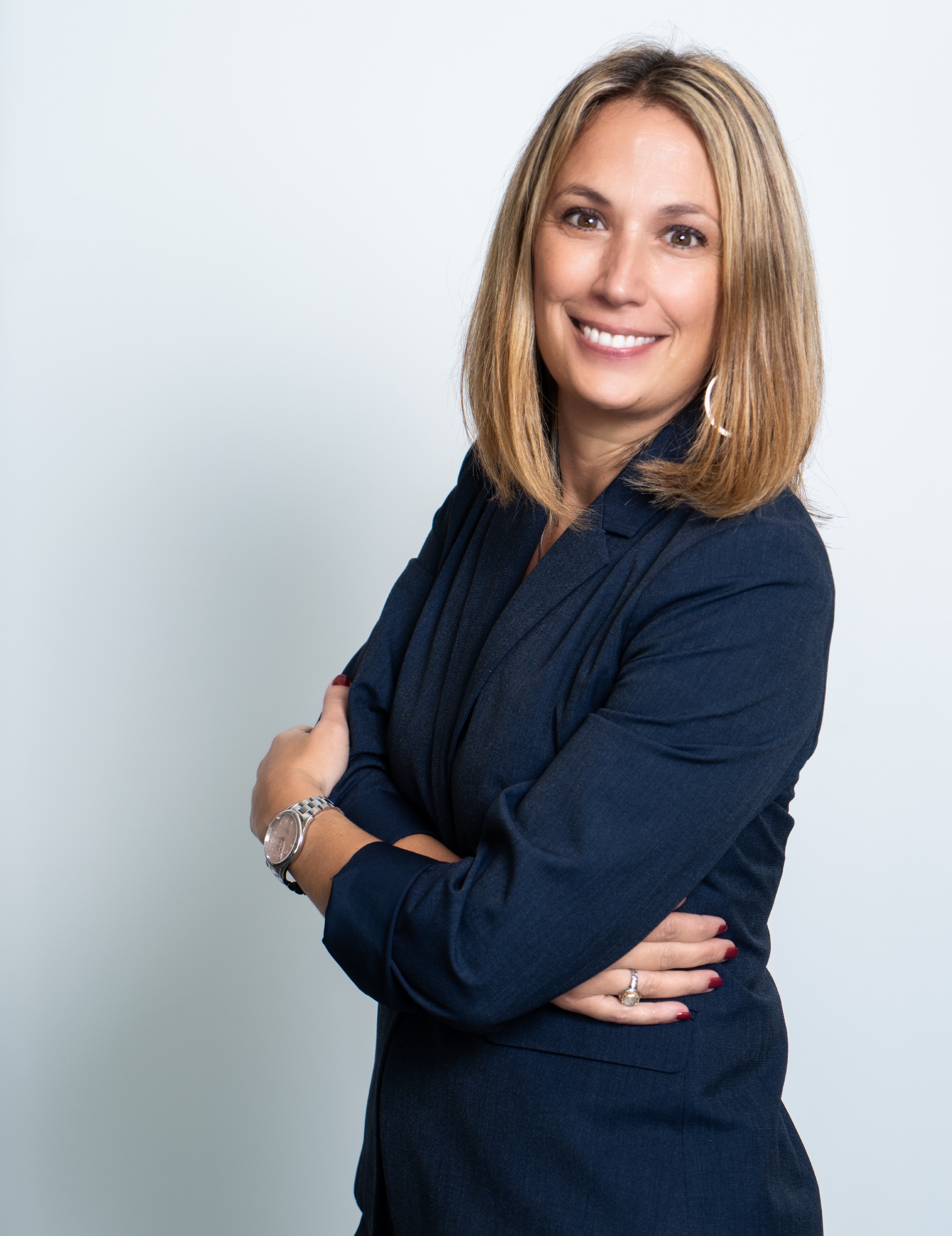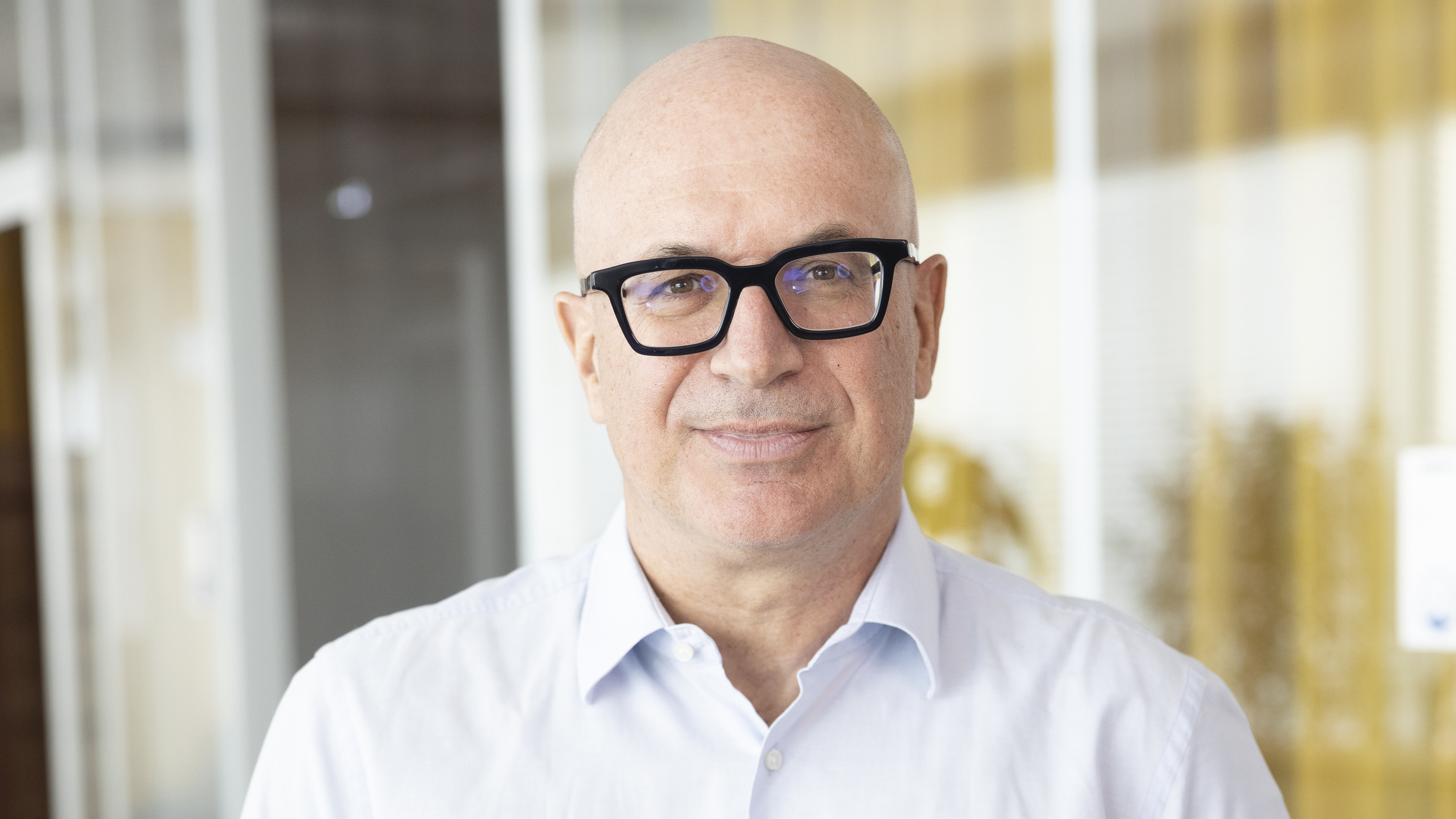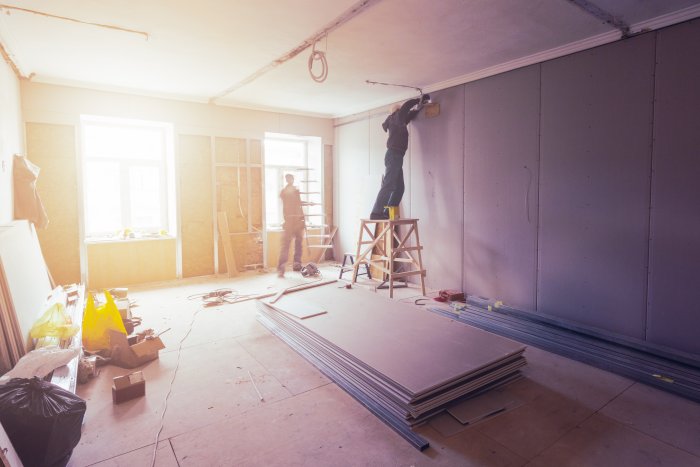Familiar Face now Beating the Drum for Bahrain
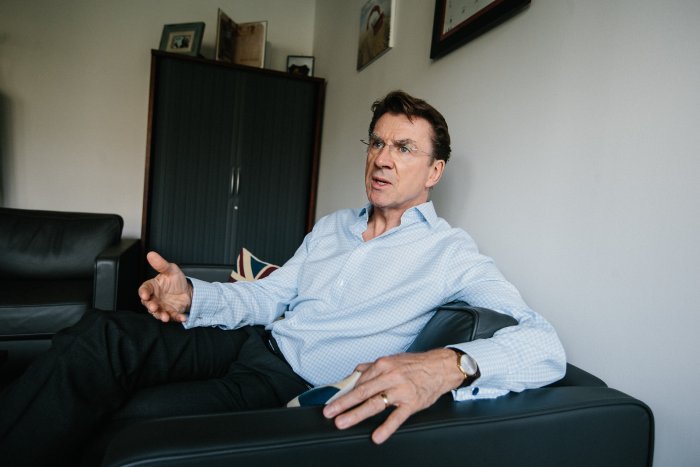
Iain Lindsay
There was a familiar figure from Budapest’s former diplomatic corps among the Bahraini delegation in town in the last week of January: former British Ambassador Iain Lindsay. The Budapest Business Journal sat down with him between meetings for an exclusive interview.
Lindsay left Hungary in September 2020 and retired from the foreign office after a 40-year diplomatic career. He was back in Budapest as an official representative for Bahrain’s Economic Development Board. To those in the know, that transition makes perfect sense, but looking in from the outside, it might not be so obvious. So, how did that come about?
“I had been the British Ambassador to Bahrain before coming to Budapest,” Lindsay explains. “When I arrived in Bahrain in 2011, it was about six months after the Arab Spring, and the relationship with Britain was rock bottom.”
The British foreign office tasked him with repairing that relationship. Bahrain is important as it hosts the United Kingdom’s “only real naval base east Suez” and was also home to an air force base that was strategically important for supporting British troops in Afghanistan and Iraq.
Lindsay was seemingly as popular in the capital, Manama, as he was here in Budapest and kept in touch with the Bahrainis once he took up his post in Hungary, not least King Hamad bin Isa bin Salman Al Khalifa, to whom he is now an advisor.
“A year before I was to leave Budapest, they asked what I was thinking of doing after I left and [….] said, ‘Would you care to come back and work as an advisor to the Bahraini leadership?’” Linday recalls. He jumped at the offer.
“It’s the most anglophile place, not just in the Gulf, but in the whole of the Arab world. Bahrain is not glitzy like Dubai or Doha. It’s much more grounded, more normal, frankly. And so, I went back there as an advisor to the Crown Prince [Salman bin Hamad Al Khalifa], who’s the Prime Minister, and the Economic Development Board, which essentially is Bahrain’s equivalent of Hipa [the Hungarian Investment Promotion Agency].”
The EBD delegation was in town for the second iteration of the Hungarian-Bahraini Joint Economic Commission, which was initiated two years ago when Minister of Foreign Affairs and Trade Petér Szijjártó took a group of businesspeople to Bahrain. There has already been one development from this round: an agreement to meet annually rather than biannually.
Long History
“You can’t meet every two years if you want to be serious about an economic relationship,” Lindsay notes. Beyond that, what are business ties like? Has there been any progress on this trip? Lindsay says while Dubai or Doha may be the Gulf cities with the greatest name recognition today, Bahrain has existed as an entrepôt or trading post for thousands of years.
“Bahrain has had a long tradition. It was the Dubai of the Gulf until probably the late nineties, early noughties, which is when Dubai really took off. Because they were a trading entrepôt, they [Bahrainis] developed a whole range of skills, which other Gulf Arabs did to a lesser extent and much later. They’re two to three generations more internationally sophisticated than their neighbors,” Lindsay reckons.
As a result, the EBD wants Hungarian companies to look at Bahrain as their “landing zone” in the Gulf. One significant Hungarian cybersecurity company that has done just that is Quadron. Discussions with other Hungarian firms about potential collaboration are ongoing, according to Lindsay.
“A Hungarian company, whose name I can’t mention because it’s under a nondisclosure agreement, has just won the contract to do cashless payments at the F1,” he says. Two of the companies on Szijjártó’s visit to Manama nearly two years ago were focused on vertical farming.
“That is an area that we’re having to look at. Because we are a small island – and having gone through COVID – food security is essential,” Lindsay admits. “Another [Hungarian] company that is in our pipeline is very much in the FinTech, financial services, ICT space. And I think that that’s actually an area where we can do more.”
There was talk last week of oil and gas company MOL having interests in Bahrain, but isn’t that like carrying coals to Newcastle or selling ice to Eskimos?
“They’ve got some technologies they would like to share with the Bahrainis for maximizing extraction. There’s also a rubber bitumen road surface they’re looking into, and some other areas like retail,” Lindsay says. He points out that MOL previously had an interest in Oman, which used to be a shareholder in the Hungarian company. “MOL is looking for other opportunities, and so is Bahrain.”
Post-fossil Future
Indeed, Lindsay adds that, just as it was ahead of the Gulf oil boom, Bahrain expects to arrive at a non-fossil future much sooner than its neighbors.
“Bahrain is the first post-oil and gas economy in the Arabian Gulf. It was the first country to discover oil in 1932. But, when you’re a small island, your resources are finite. Bahrain has comparatively short hydrocarbon pockets compared with its neighbors purely because of size. We’re still obviously producing oil and gas, but the forecast is that by the late ‘30s or early ’40s, we run out of that,” Lindsay explains.
“We have started looking for renewables, and solar is a no-brainer, given where we are. When the Economic Development Board was set up 20 years ago, [.…] oil and gas was 42% of Bahrain’s GDP. Last year, it had fallen to 16%. The reason the EDB was set up was to diversify the economy by bringing in foreign direct investment into other areas.”
Financial services are now the most significant contributor to the economy at just over 17% (much of the Lebanese banking elite moved to Bahrain when Beirut began to unravel so tragically in the first civil war in the mid-1970s). That is followed by oil and gas, with other priority sectors for investment, including manufacturing, logistics, tourism, ICT and FinTech. Citibank, for example, has just set up its latest global tech hub in Bahrain.
“Bahrain has always been the first in the region on education; the first girl’s school [opened] 100 years ago. Education and gender equality have been taken seriously in Bahrain, which means that we’ve got [female] coders. Half of the students doing engineering in university are women. These are not images of the Gulf that would necessarily come to mind,” he points out.
This article was first published in the Budapest Business Journal print issue of February 9, 2024.
SUPPORT THE BUDAPEST BUSINESS JOURNAL
Producing journalism that is worthy of the name is a costly business. For 27 years, the publishers, editors and reporters of the Budapest Business Journal have striven to bring you business news that works, information that you can trust, that is factual, accurate and presented without fear or favor.
Newspaper organizations across the globe have struggled to find a business model that allows them to continue to excel, without compromising their ability to perform. Most recently, some have experimented with the idea of involving their most important stakeholders, their readers.
We would like to offer that same opportunity to our readers. We would like to invite you to help us deliver the quality business journalism you require. Hit our Support the BBJ button and you can choose the how much and how often you send us your contributions.

